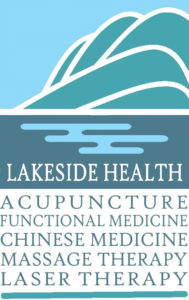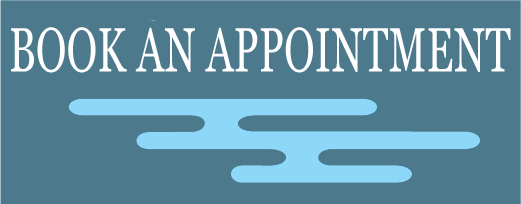What Is It?
Irritable bowel syndrome (IBS) is an intestinal disorder in which patients may experience variable degrees of abdominal pain, constipation, and/or diarrhea which worsens as a reaction to stress. It is estimated that 10 – 20% of all American adults experience symptoms of IBS, and patients with IBS account for half of all doctor visits for gastrointestinal complaints. IBS affects three times as many women as men, and after the common cold, is the next most common cause of missed school and work.
What Causes It?
No one knows why some people develop heightened sensitivity of the GI tract, at least in terms of Western medicine, but researchers are working on the theory that there are direct links between the GI tract and the central nervous system. Such a brain-gut connection would explain why emotional upsets affect the intestines and why intestinal symptoms affect the mood.
How Chinese Medicine Treats IBS
Unfortunately, many people experience side effects from Western drugs used to treat this condition. The good news is that Chinese medicine has been proven to treat IBS safely and effectively. Unlike some conditions, the Chinese medical literature is virtually unanimous in its description of this disorder and how to treat it effectively. All Chinese sources say this condition is worsened by stress, over-eating sugars and sweets, obsessive thinking, too much fatigue, and too little exercise. These factors lead to what is called in Chinese Medicine a Liver-Spleen disharmony, although a number of other complications can arise. The first step in being treated with Chinese medicine is to get a personal pattern discrimination from a qualified professional practitioner. While every IBS patient suffers from a Liver-Spleen disharmony, most also have one or more other patterns complicating this core diagnosis.
After doing an individualized pattern discrimination, a Chinese medical practitioner may choose to treat this condition with acupuncture, Chinese herbal medicine, or a combination of both. In addition, they will certinaly also make suggestions about your diet and lifestyle. Foods which damage the spleen need to be avoided, and you may wish to learn better relaxation skills. If acupuncture is the main method of choice, two treatments per week for several weeks and then one treatment per week for several weeks more may be suggested. If Chinese herbs are prescribed, these may consist of desiccated, powdered extracts drunk as tea several times per day, or pills. Exactly which method of administration and which combination of Chinese therapies chosen will depend on the training and preference of your practitioner, as well as each patient’s needs.
The Proof Is In!
A large amount of research has been done on the Chinese medical treatment of IBS. Over the last ten years, this extensive research shows that in 80-90% of cases, Chinese medicine is effective for this disease.
The professional practitioners at Lakeside Health can diagnose your particular pattern of IBS and identify its causes. Based on that, they can also help you treat your IBS with acupuncture, Chinese herbal medicine, or a combination of both.
Remember, Chinese Medicine works for IBS!


